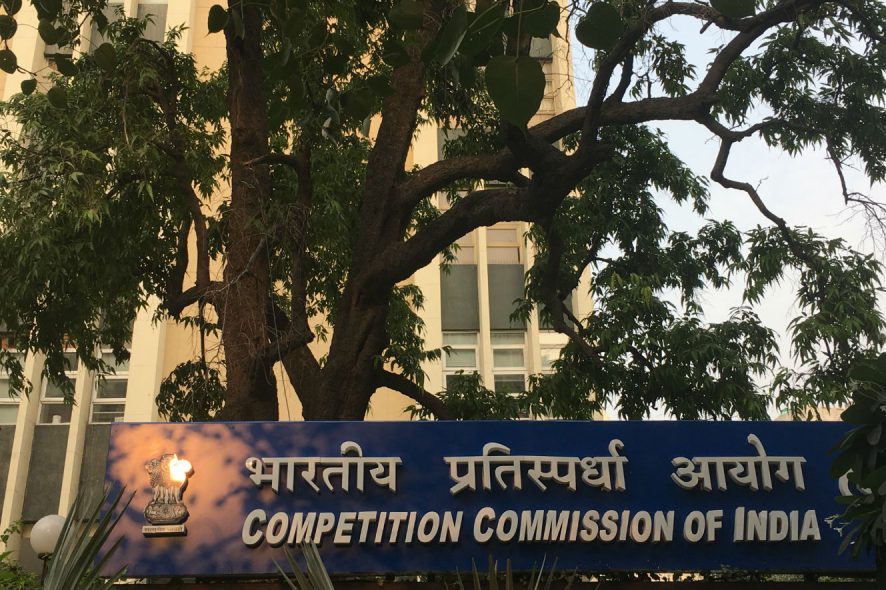Competition Commission of India: The fair play watchdog has closed two cases against GAIL (India) Ltd. for abuse of dominant position. The Commission received information from the informant companies that GAIL imposed arbitrary and one-sided conditions on its consumers through the Gas Supply Agreement (GSA). It was alleged that by way of these conditions GAIL is trying to force the Informants to purchase a specified quantity of natural gas from it each year for a period of twenty years, failing which GAIL is raising arbitrary demand for shortfall by way of off-take under the ‘Pay For If Not Taken’ /‘take or pay’ clause introduced in the GSA.
The Commission referring its own decisions in Faridabad Industries Association (
The Commission considering the material on record found that liability of the informants was substantially reduced by GAIL when they showed inability to take supply of minimum prescribed gas, which shows that the behaviour of GAIL was rational and not arbitrary. It observed that the GSAs, when they were entered into appears to have been entered into after thorough negotiations and discussions. The Commission ruled that safeguarding commercial interest or invoking contractual clauses, which are not unfair per se, cannot be termed as unfair just because they are invoked by one of the parties to the contract. Gujarat Industries Power Company Limited v. Gail (India) Limited, decided on 08/09/2015






